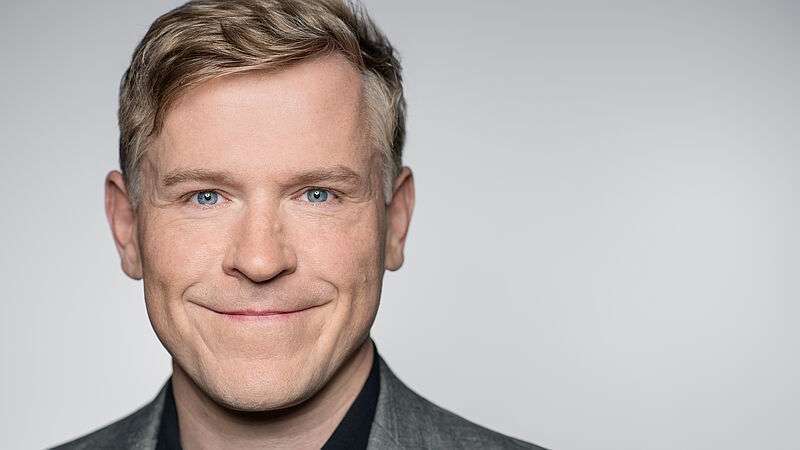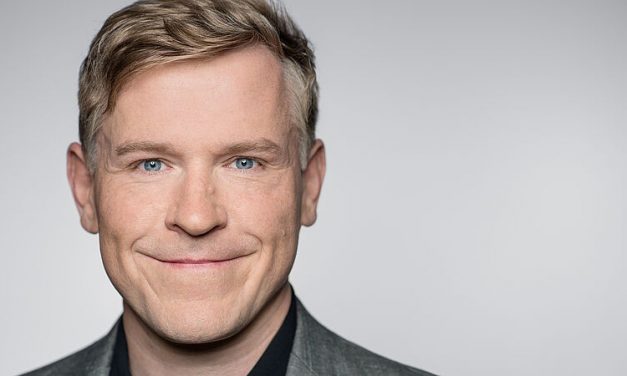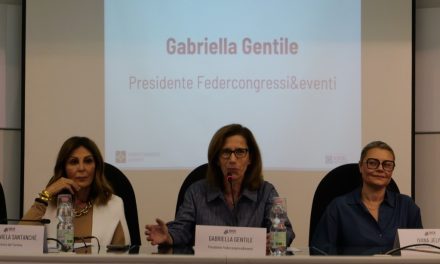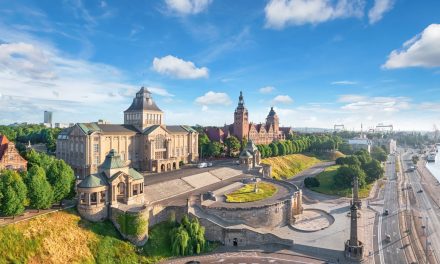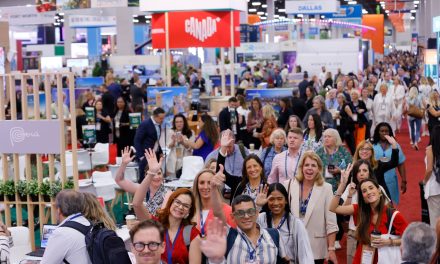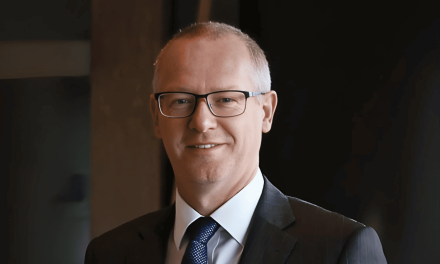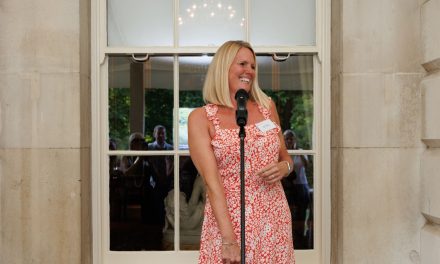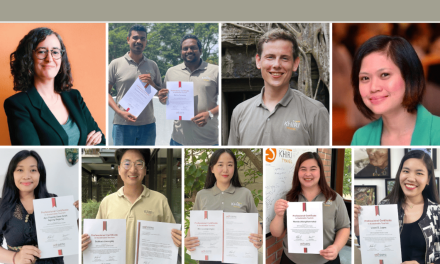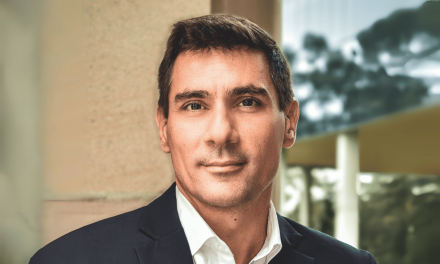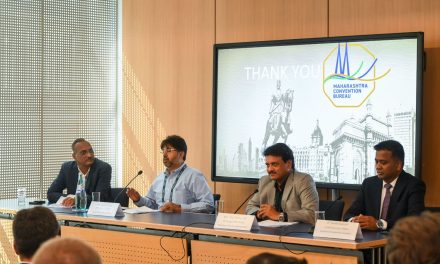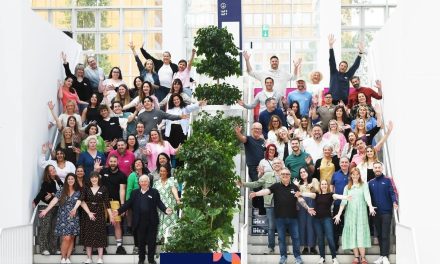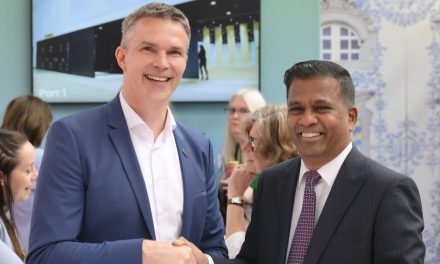CIM: A new decade has started: can we expect the 2020s to be “golden” like the 1920s?
Professor Ingo Rollwagen: There is a chance the new decade will be the start of a digitally dynamic renaissance, one of greater awareness in both a material and a non-material sense. Structural change in information and knowledge technologies is leading to innovative leaps. New technical applications, particularly artificial intelligence, will help us to apply new and different knowledge more quickly.
What will be the impact of data, the central economic factor of our times, on our lives and society?
Data and the ability to use it to create products and services on the basis of innovative algorithms and forms of artificial intelligence are among the most important resources available to us in the new decade. They open up new horizons in terms of information. The ability to carry out analysis more rapidly enables us to consider the impact on the climate and other factors as well when designing products and services.
Is the fear many people have of AI justified? Should greater attention be paid to “data dignity” in future?
Fear is not a good companion when you are attempting to shape and take advantage of technological and social progress. Forms of algorithmic innovation and the use of AI have many benefits. The first step when dealing with uncertainty and preparing for it is anticipation. The best way to prepare is to anticipate and, when using an information tool, to work out why you are doing it and what you want from it. Preparation also involves reflecting on what exactly the uncertainty consists of.
Accelerated information flows and working processes are a challenge. How does that affect our mental health?
Mastery of digital technology and managing your own time are critical here. That applies, in particular, to events. It is important to give delegates privacy by design, a right to anonymity and the opportunity to get involved in an exchange. Events are marketplaces where delegates can pick and choose and get assistance.
What does a value shift towards sustainability change?
Sustainable goals and the more careful use of material and ecological resources lead to changes in products and services. Reusability, longer-term usefulness and obsolescence are assessed. A meeting is assessed based on what you learn from it and the potential for making contacts.
Will globalisation remain the dominant trend in the global economy?
As a result of new technologies such as 5G telecommunications, there will be fewer purely local contexts, but they will be more important. More intensive collaboration across the world will lead to greater integration of creative and innovative potential. This means that events will also change in character. Particularly in exchanges involving people with different cultural backgrounds. It really makes sense for them to get to know each other face to face.
How might relations between the generations look?
New technologies, health services and forms of entertainment encourage greater communication between the generations. Each generation is formed by different events or contexts and has its own way of using media, obtaining information and learning. It is therefore a challenge, but also a market opportunity, to create inter-generational contexts at meetings or events. Inter-generational design has particularly strong market potential. When events are designed and planned, greater attention should be paid to which generations participants belong to. Once their characteristics and ways of doing things are known, innovative new information and learning solutions can then be better established.
Many thanks for the interview, Professor Rollwagen!

